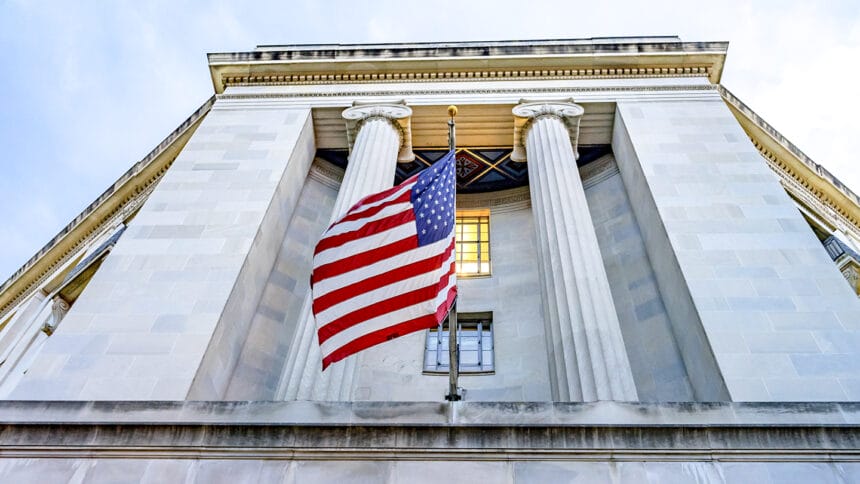
A two-day summit of law enforcement leaders from federal, state and local levels is intent on strengthening investigations into elder abuse and fraud, including oversight of nursing homes.
The event — convened Wednesday by the US Department of Justice — is the latest in a series of signs that federal officials are taking aggressive steps to police long-term care facilities it suspects of providing inadequate care.
“The cornerstone of our efforts is our investigative and prosecutorial work to hold accountable those individuals and organizations engaged in elder fraud and abuse,” said Benjamin C. Mizer, the DoJ’s acting associate attorney, in opening remarks.
Those accountability measures will include educating law enforcement leaders how to investigate nursing homes, according to a DoJ report. Mizer also outlined plans to coordinate efforts between the attending leaders from across different levels of government.
“This summit is an opportunity to further enhance… collaboration, while shining an even brighter light on elder fraud and abuse,” he said.
It seems likely that officials are signaling they will pursue more cases that seek large fines from nursing homes for providing care deemed inadequate, according to Jonathan Ferry, a partner at Bradley Arant Boult Cummings LLP.
“A big meeting where they get everybody together and start talking about these things can certainly refocus those who are working in this field on enforcement.” he told McKnight’s Long-Term Care News Wednesday. “Combine that with the fact that some active cases are starting to mature … the government is going to have a roadmap of what they want to do.”
Implications for providers
Providers have largely applauded efforts to better police potential elder abuse and fraud situations, including the the American Health Care Association, which wrote in support of such efforts Wednesday.
“Abuse and neglect of our nation’s seniors is unacceptable,” said the statement, provided to McKnight’s. “Long term care providers across the country are committed to reporting and eradicating these rare incidents. We look forward to continuing to work with the Department of Justice and other stakeholders to protect seniors and prioritize their safety and wellbeing.”
Some providers have also expressed concerns over increased regulatory burdens straining resources.
Ferry agreed, both that increased scrutiny and penalties are appropriate responses to real deficiencies and that Justice’s investigations can become burdensome to nursing homes, especially if no deficiencies are ultimately found.
“The investigation itself, even if there is no finding of gross negligence that would lead to liability,” he explained, “is very expensive and burdensome for facilities and highly distracting to their personnel.”
Following this summit, officials seem poised to further step up oversight of chronic understaffing, failure to budget for staffing, as well as problems with daily operations such as injuries, lack of cleanliness and unaddressed resident complaints. These are all areas where providers can, and should, self-assess and proactively address potential concerns, according to Ferry. He also acknowledged that sometimes it can be difficult to discern the fine line between acceptable and inadequate care.
In the months leading up to the summit, the DoJ further increased its focus on elder abuse and fraud, including pursuing nearly 300 civil and criminal cases against alleged perpetrators of elder fraud. In an October report to Congress, Attorney General Merrick Garland described these renewed efforts as an aggressive pursuit of justice.
State governments have increased their oversight in recent years as well, though unevenly — a lack of coordination the current DoJ summit seeks to address.





